
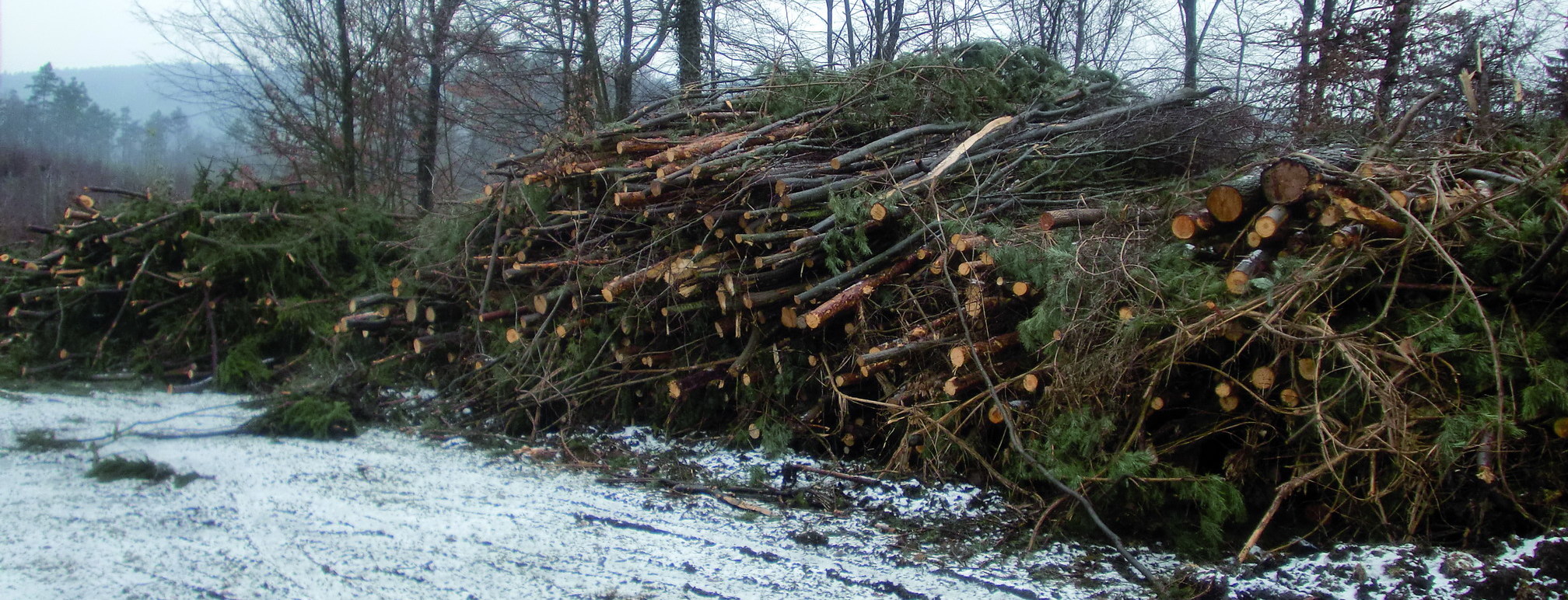





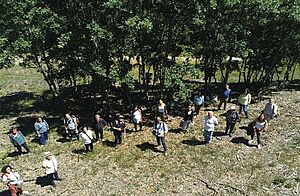
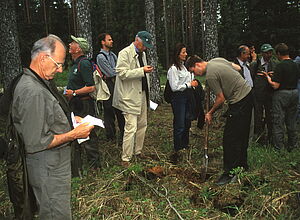

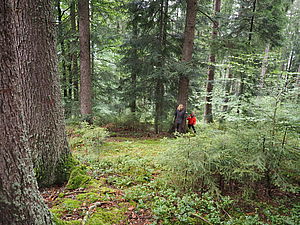
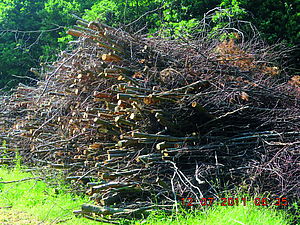
This paper highlights the benefits of forest management based on Pro Silva principles that are founded on natural forest dynamics in the face of the risks posed by changing environmental conditions. They draw upon the broad genetic polymorphism of naturally regenerated stands, the large quantity of regeneration and continuity of renewal. Initially this provides the opportunity for natural selection to act upon the best adapted individuals, and subsequently for selective forestry management practices to maintain continuity and to allow adaptive responses. Furthermore, the use of mixed stands ensures a better allocation of risk.
All this represents nothing more than the application of close-to-nature management principles, in areas previously neglected by traditional forestry, which largely exceed, in terms of their energy balance, what agro-technical solutions generally offer. On the other hand, it is possible to apply the principles of multifunctionality oriented primarily to the production of biomass and wood energy to the extent that the business models outlined above become fully applicable, while promoting structural diversity of native species, thus contributing to good habitat management and, therefore, supporting the conservation of biodiversity.
In the interests of completeness, it should be noted, regarding the continued increase in CO2 emissions in the atmosphere, that the benefits of forest management in respect to energy can only be realized in the forest that is consistently and routinely managed. Repeated demands to remove ever more forest area from management as nature conservation reserves and national parks are counterproductive with regard to managing the CO2 balance. This obviouskly applies even more so to the destruction by fire of forests in the Southern hemisphere, where the C balance is lost through the accumulated depression of biomass and soil fertility. The tendency of wealthy countries to compensate for these losses by the purchase of carbon credits for reporestation projects tends to mask this sad reality.
17.7.2012/Jps
New final version of Energy and Forest policy paper accepted by the ProSilva Europe Delegate Convention June 29 2012 at La Ferté Bernard.